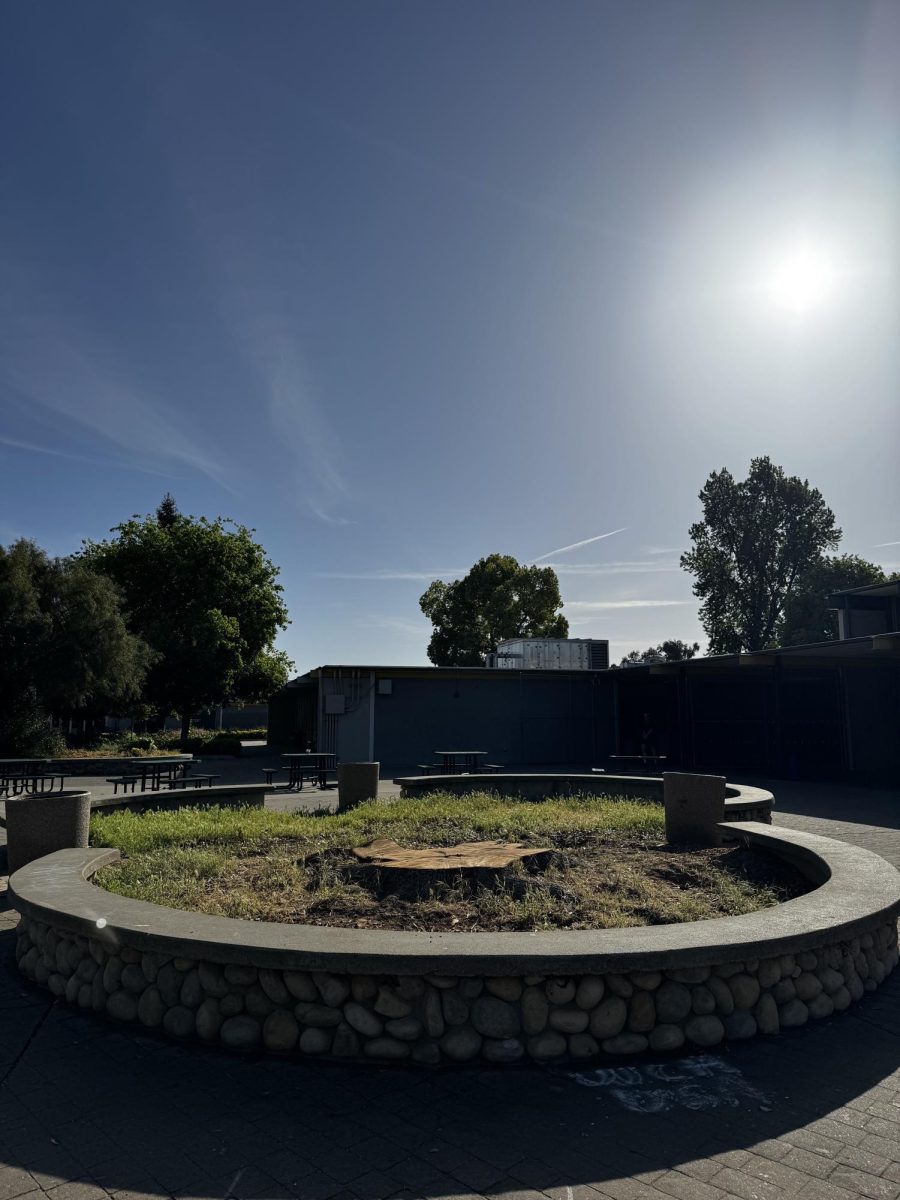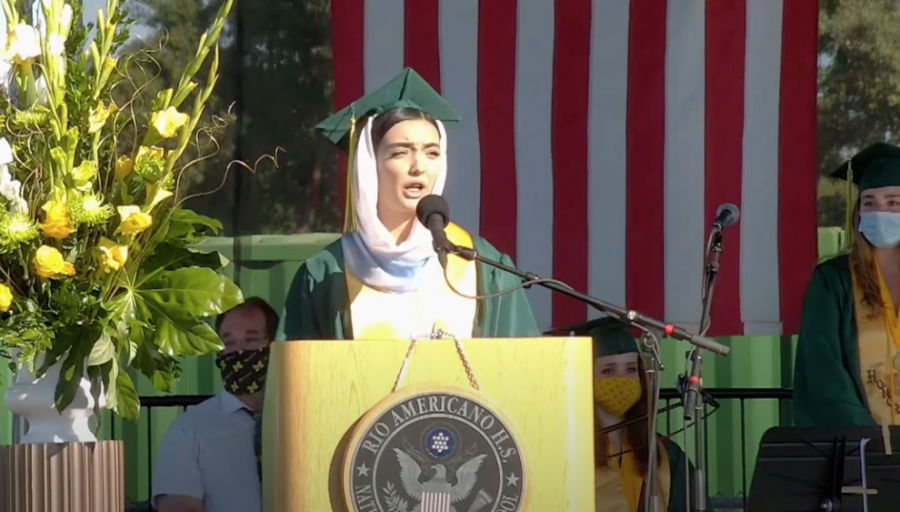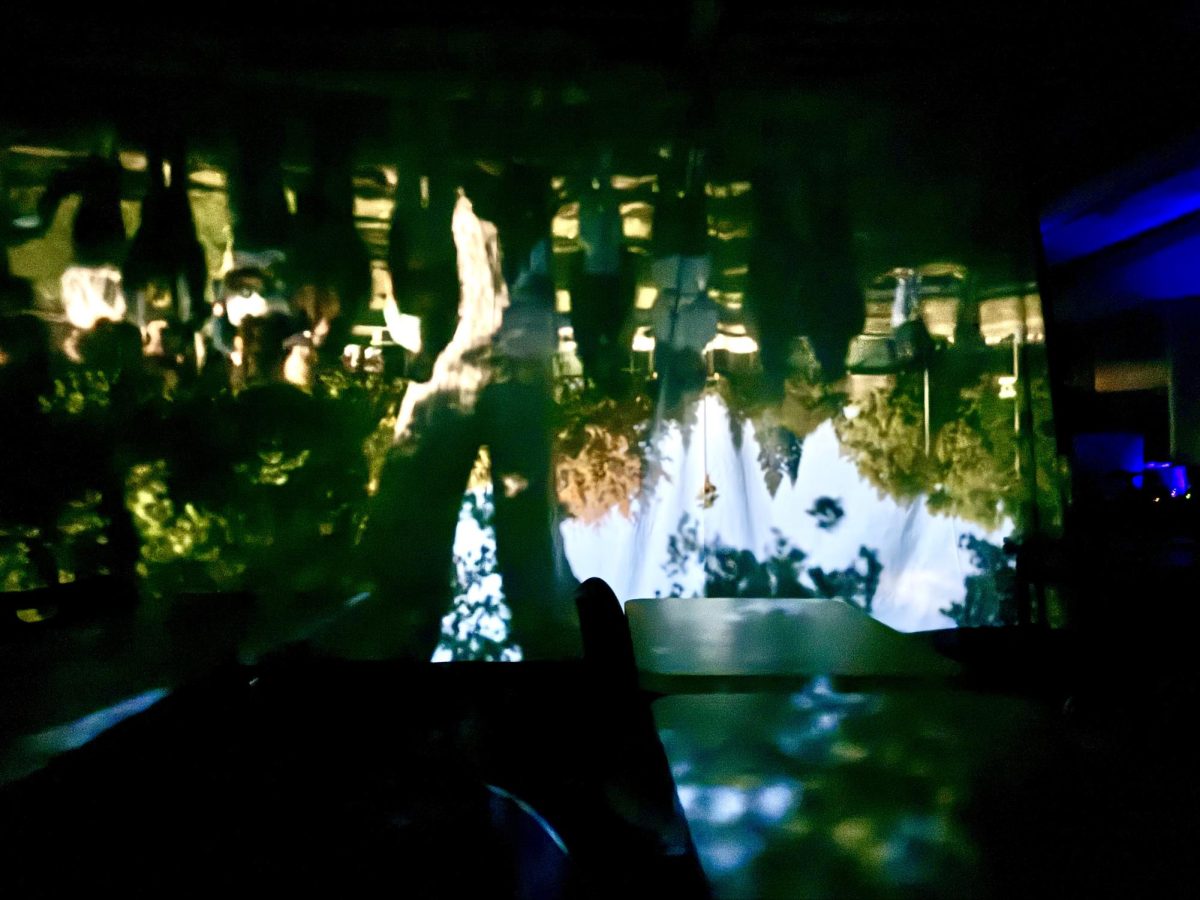Proposed Ethnic Studies Bill Receives Backlash
Photo By Emma Hutchinson
Hedayat Ebrahim Khel and friends teach other students about their culture at the Global Expo on campus last fall.
A proposed ethnic studies curriculum for California students is set to cover history, politics, culture, and contributions of ethnic groups. However, the bill, signed in 2016, has received backlash from top state education leaders over key omissions of some ethnic groups.
In July, the Jewish legislative caucus sent a letter to the state Department of Education criticizing the representation of the Jewish culture and misrepresenting the contributions of the Jewish people.
Discussion in July over the failure to include the hisory of anti-semitism prompted change in the draft. The new draft will include the history of anti-semitism and how it affected other ethnicities. The state department of education said it feels that it is important to allow minority groups to have a chance to reflect their histories.
“I am disappointed that Governor Brown vetoed AB 2772,” said Assemblymember Jose Medina. “The history taught in our classrooms is not inclusive of the diversity that makes up California and that needs to change.”
Signed in 2016, the bill was designed to create a curriculum with a purpose to serve the schools as a teaching guideline, not as a teaching requirement. In June, the state Department of Education posted the draft online and opened it for public feedback.
The draft has received over 5,000 responses and is currently undergoing revisions to make the curriculum more inclusive and less narrowly drawn.
“Rio should strive to be as inclusive as it possibly can be and having a class that focuses equally on different cultures is a crucial step in accomplishing that,” said senior Miri Leaderman. “For the most part, I feel support and acceptance from my school, but I know this isn’t the case for everyone.”
This new curriculum is designed to eradicate hate throughout schools and to educate students about the importance of diversity. If the bill passes, it will become a graduation requirement for all California high school students.
“I feel that there are stereotypes that go with my religion that I’ve seen perpetrated by students. Listening and learning to every kind of person is the only way to ensure that everyone is being treated equally,” said Leaderman.
The state board has until March 31 to revise the curriculum to be implemented by fall of 2020. According to the California Department of Education, the push to make ethnic studies a graduation requirement for California high schools and the Cal State system would affect over 6.5 million people.
Originally drawn up by Assemblymember Jose Medina, a former teacher, Assembly Bill 331 (AB331) was favored to be enacted despite the controversy around it.
“ I’m grateful that my colleagues on the Senate Education Committee recognize the need for ethnic studies in our schools and thankful for their support,” said Medina.
AB331 is currently held under submission for revision. Although many agreed on the bill, enforcing it would be too costly.
“Implementing AB331 costs too much so it’s kept under the appropriations committee until it can be funded,” said Medina’s constituent caseworker, Mohamed Umbashi.
The lack of funds will postpone students’ education about other cultures and without funds, it seems unlikely that this bill will pass within the next year.
“I think it’s a great idea to have an ethnic studies class,” said junior Kara Catelliar. “It would benefit Rio in the same way it would any school by helping the student because they would be more informed about cultures, and as a result it would create a better understanding about the rest of the world.”
With a growing diverse population, implementing this program could help students to understand the various racial and ethnic groups in their community while learning about respect and tolerance.
“Ethnic Studies is a powerful mechanism that helps broaden the understanding of backgrounds and cultures different from our own.”








































